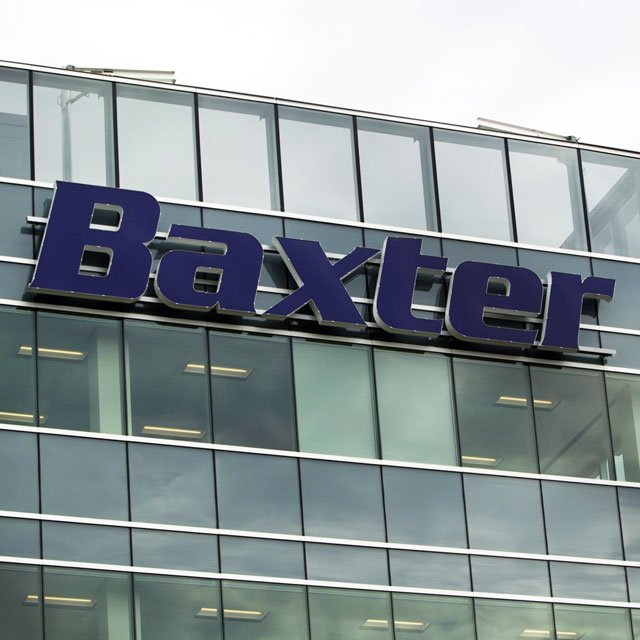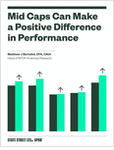Dividend-growth stocks — companies with a history of steady and increasing dividends over time — are lagging the broader market this year, Morningstar investment specialist Susan Dziubinski wrote in a blog post this week, noting that the performance of the Morningstar US Dividend Growth Index is 12 percentage points behind that of the Morningstar US Market Index.
Dziubinski’s colleague and Morningstar Indexes strategist Dan Lefkovitz blames dividend-growth stocks’ underperformance on this year’s narrow, tech-led stock market.
“Dividend payers may lag during market environments led by hot growth stocks, but in down periods like 2022 and 2018, they show resilience,” Lefkovitz says.
In fact, dividend-growth stocks have several things going for them today, according to Dziubinski. For one, companies with growing dividends tend to be profitable and financially healthy — desirable qualities during periods of economic slowdown.
For another, these companies are more likely to have competitive advantages that may allow them to pass along price increases and thereby maintain margins during inflationary times. And dividend-growth stocks tend to be less volatile than the overall stock market, making them attractive investments for defensive plays.
Competitive Advantages
Dziubinski noted that Morningstar considers companies with wide economic moats to have significant advantages that allow them to successfully fend off competitors for decades. Such high-quality companies can carve out their economic moats in various ways, such as having high switching costs, strong brand identities or economies of scale.
Companies that Morningstar analysts think can maintain their competitive advantages for at least 10 years earn narrow economic moat ratings, while those they think can successfully compete for 20 years or longer earn wide economic moat ratings.
Dziubinski acknowledged that companies lacking economic moats can exhibit dividend growth. “But for purposes of this article, we included only stocks that have narrow or wide economic moat ratings, choosing to place our bets with high-quality companies,” she wrote.
These stocks have increased their dividend payments over the past five years; pay out no more than 75% of their earnings in the form of dividends; possess competitive advantages, as measured by Morningstar’s economic moat rating; and were trading at among the widest discounts to Morningstar’s fair value estimates as of Aug. 4.
See the gallery for 10 dividend-growth stocks to buy now, according to Morningstar. Year-to-date performance is as of late morning Aug. 9.

























 Copyright © 2024 ALM Global, LLC. All Rights Reserved.
Copyright © 2024 ALM Global, LLC. All Rights Reserved.